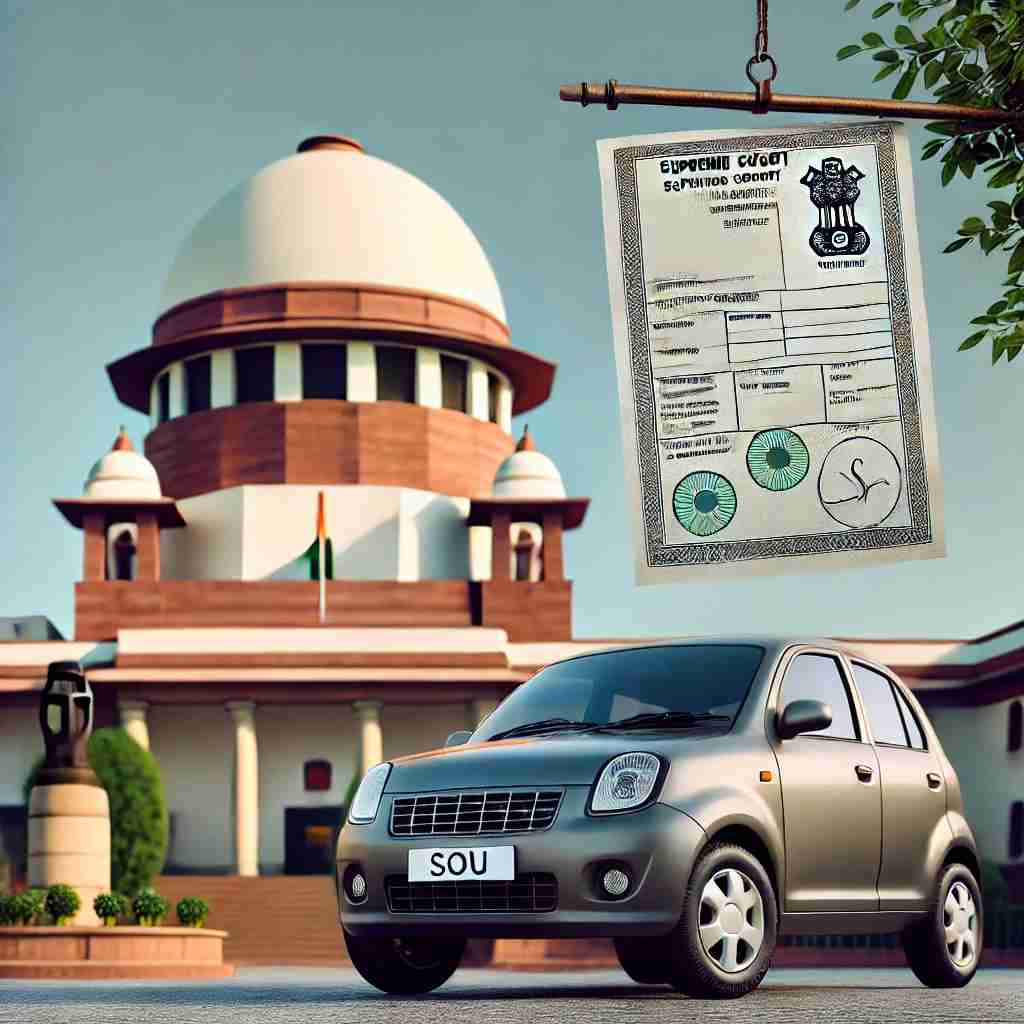In a significant move, the Supreme Court has revised its own directive from 2017 that mandated a valid Pollution Under Control (PUC) certificate for the renewal of third-party vehicle insurance policies. This change comes after the General Insurance Council (GIC) highlighted several issues resulting from the 2017 order.
Background of the Directive
In 2017, the Supreme Court had enforced a regulation based on recommendations from the Environment Pollution (Prevention and Control) Authority. The directive was aimed at reducing pollution levels, particularly in Delhi, by ensuring that vehicles without a valid PUC certificate could not be insured.
Concerns Raised by the GIC
The GIC, represented by Solicitor General Tushar Mehta, presented multiple concerns regarding the implementation of this directive. One major issue was that around 55 percent of vehicles in India are uninsured, primarily because owners are unable to renew their insurance policies without an updated PUC certificate. This situation leaves many without compensation claims in case of road accidents.
Mehta explained that PUC certificates are valid for six months, whereas insurance policies typically need to be renewed annually. This discrepancy has caused practical challenges for vehicle owners and insurers alike.
Supreme Court’s New Order
Responding to these concerns, the Supreme Court has now recalled its 2017 order. This means that a valid PUC certificate is no longer mandatory for the renewal of third-party insurance policies. However, it’s important to note that under the Motor Vehicles Act, possessing a valid PUC certificate remains compulsory for driving any vehicle in India.
Conclusion
While this new order provides relief to many vehicle owners and addresses the practical difficulties highlighted by the GIC, it does not negate the legal requirement of having a PUC certificate while driving. Vehicle owners must ensure they carry a valid PUC certificate at all times, as mandated by law, even though it is no longer a prerequisite for renewing their insurance policies.
This decision marks a significant shift in the regulatory landscape, balancing the need for environmental protection with practical considerations for vehicle insurance renewals.


